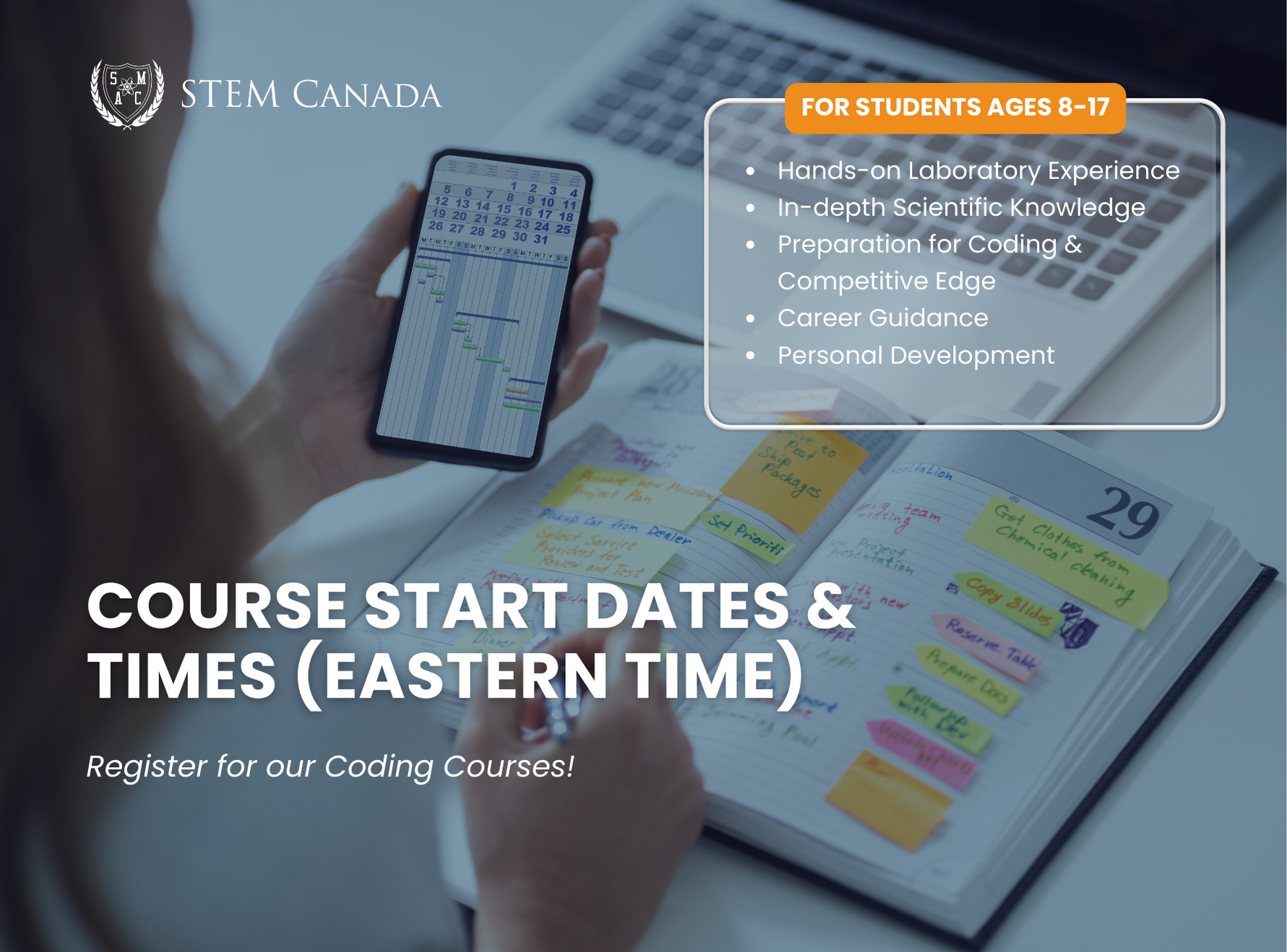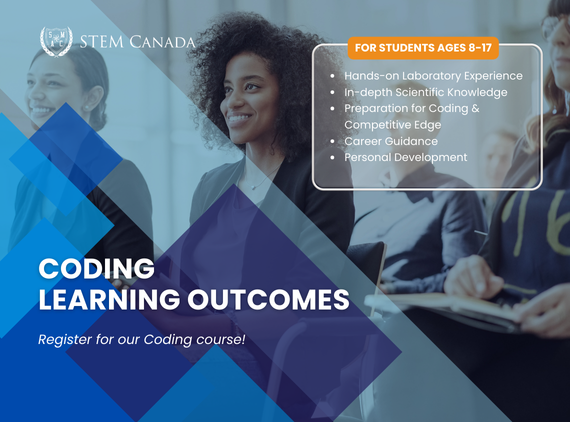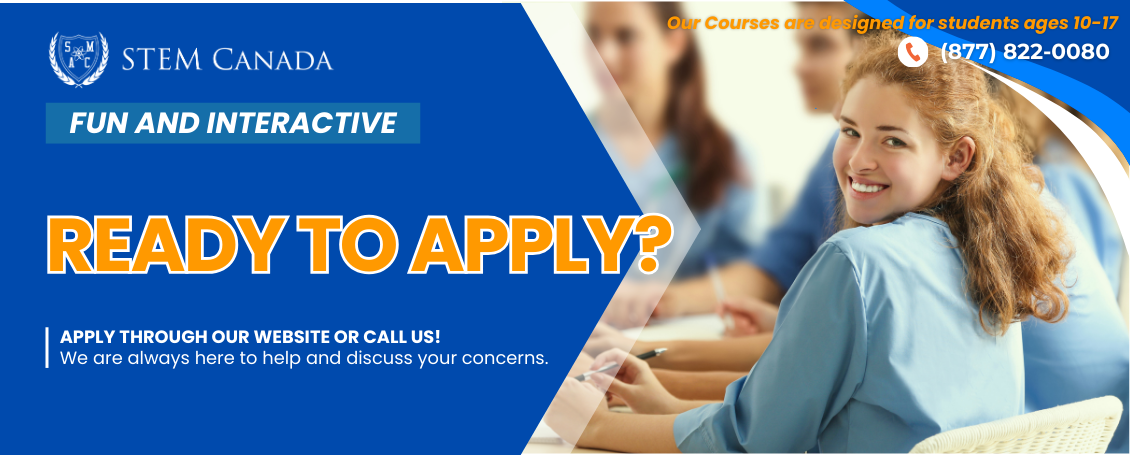Objective: This course introduces students to Assembly Language, a low-level programming language critical for understanding how software interfaces with hardware. The course covers the basics of Assembly syntax, structure, and its applications in various computing systems.
Methods: Hands-on coding exercises, simulations, and practical applications to develop a working knowledge of Assembly Language.
Skills Gained: Ability to write, debug, and analyze Assembly programs, understand CPU operations, and enhance problem-solving skills relevant to low-level programming.

The modules listed below are those currently intended for delivery in the current academic intake of this course. These may be subject to change in future years as the University regularly revises.
Topics: Overview of Assembly Language, its purpose, and its uses, memory basics, basic operations, addressing modes.
Register for the full course syllabus
Topics: Basic arithmetic, logical operations, and bit manipulation, heap management, branching, calling conventions.
Register for the full course syllabus
Topics: Basic I/O in Assembly, handling input from users, and output display, interrupt handling, optimization for speed and memory, and emerging technologies.
Register for the full course syllabus

By the end of this course, students will be able to:
Start Your Journey Today!

Detailed study for foundational learning and development in coding.
Virtual labs, simulations, and real-world case studies.
Live teaching from experienced professionals in the field.
Foundation for advanced studies and careers in coding.
+1 (877) 822-0080
Hours of Operation
Monday - Friday: 08:00 - 16:00 | EST
© 2025 Code Institute By STEM. All Rights Reserved.